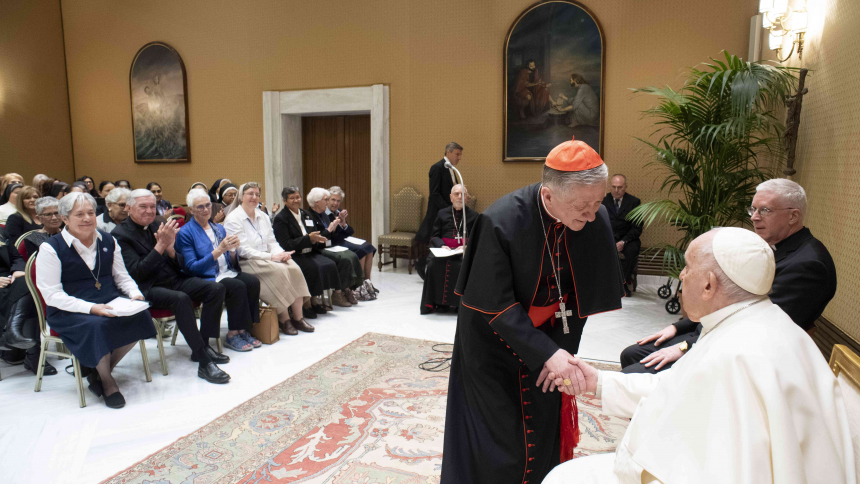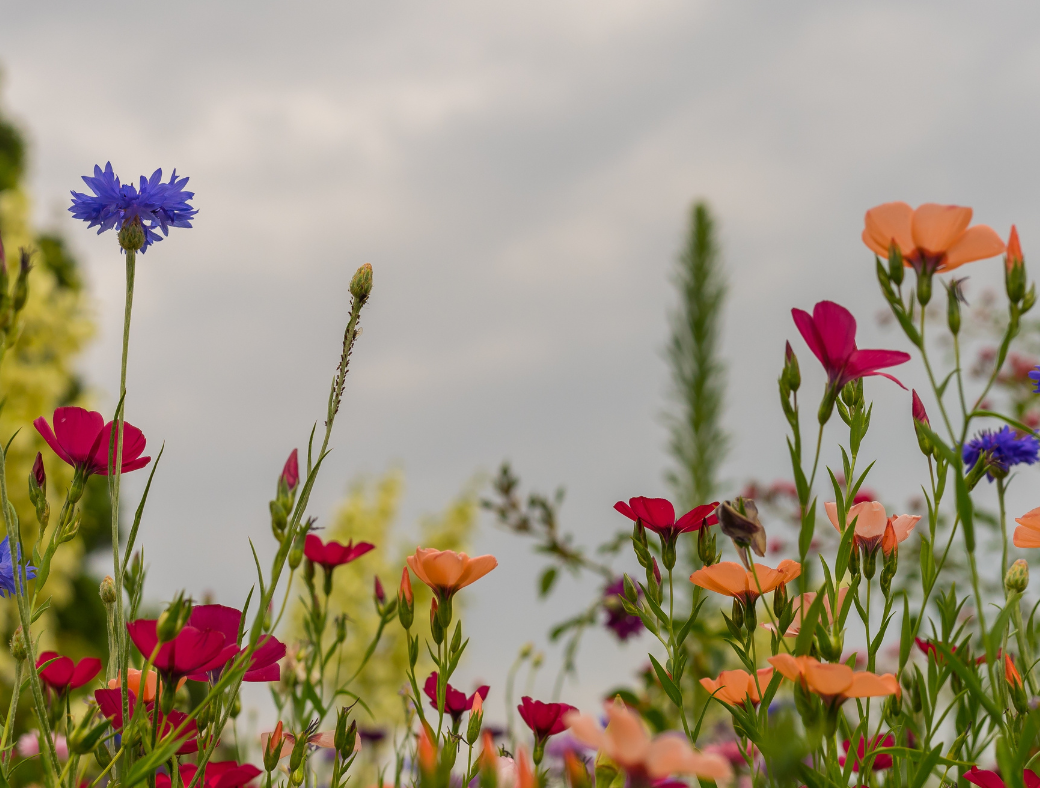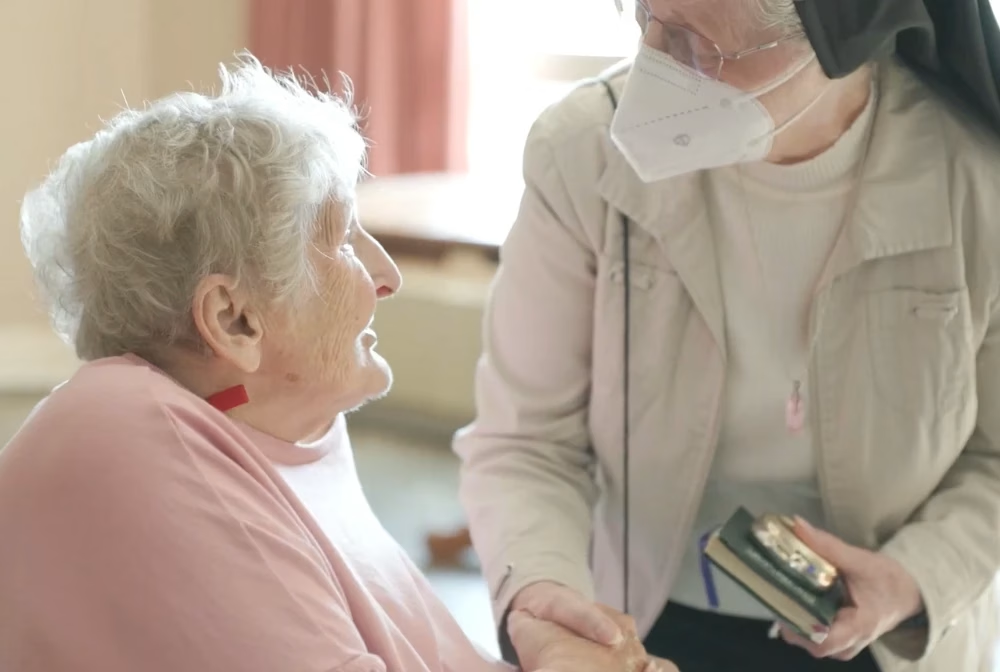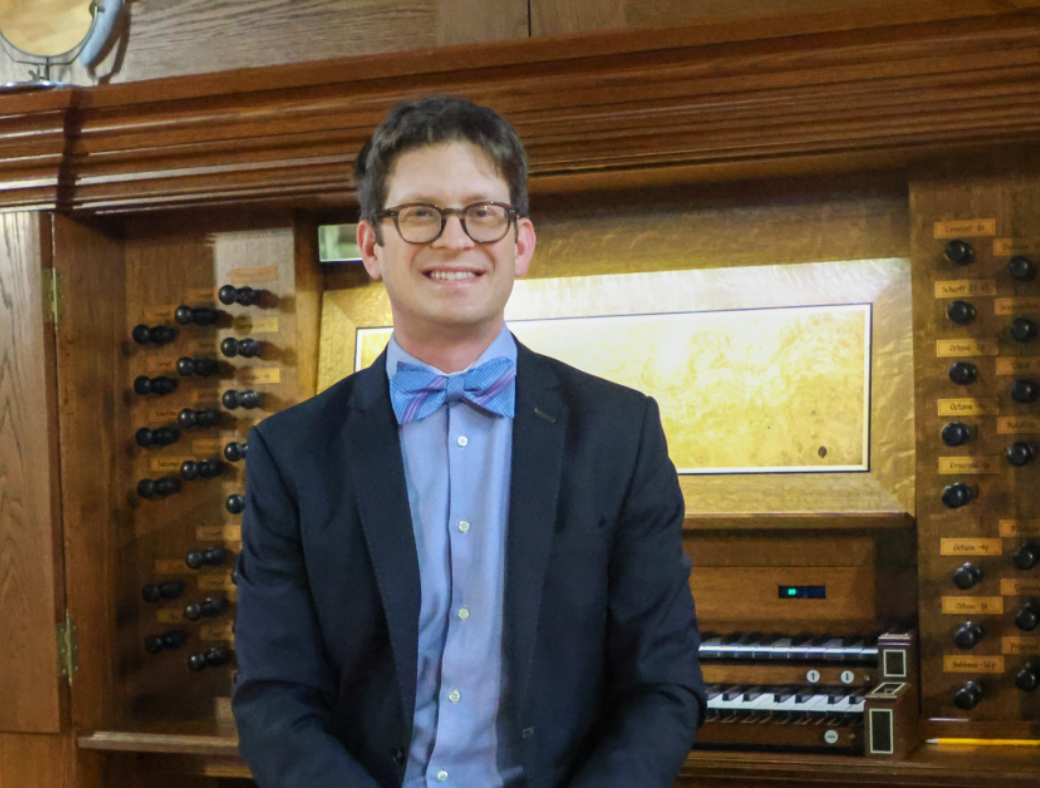Our Sunday Visitor | Today’s Catholic
A recent Pew Research Center study caught the eye of many Catholics, despite the fact that the information the study conveyed wasn’t really news. Latinos are disaffiliating from the Catholic Church at alarming rates. The 2022 study reported that only 43 percent of U.S. Latinos identify as Catholic. That’s down from 67 percent in 2010. The statistic is a shock to those who are being told that Latinos are the future of the Church in the U.S.
But since the largest growth rate in the U.S. Latino population is not the immigrant community, the statistics are unsurprising for those who have been watching closely. The largest-growing sector of Latinos in the United States is now U.S.-born men and women. And that’s where the danger of secularization lurks. The Pew survey reveals that, while 16 percent of foreign-born young Latinos raised in a faith tradition are now unaffiliated, 23 percent of U.S.-born young Latinos now identify as unaffiliated.
What we are seeing play out among Catholic Latinos is the same story Catholic immigrants to the United States have lived for centuries. In communities abroad, especially countries where Catholicism was or is the religion of the majority, the parish church was not only the place for worship but the center of daily life. People frequented churches daily, visiting the chapels and memorials that had been part of their family life for centuries.
In the United States, however, the parish church is no longer the center of daily life. Some immigrant communities built their parish at the heart of their neighborhoods. And those communities were vibrant for a time, but, increasingly, they have disappeared.
Places, however, are not the only visible markers of the decline of Catholicism in immigrant communities. Often in American history, immigrant communities’ expression of their distinctly Catholic faith is muted in the process of assimilation to the broadly Protestant approach that characterizes the practice of Christianity in the United States. The proximity of a parish church to parishioners’ homes is one thing, but the tangible expressions of faith that mark immigrants’ identity are being quietly eroded as well in this process of assimilation.
So, what is to be done to help Latino Catholics keep the Faith? The same thing, in fact, that needs to be done to keep every Catholic a practicing Catholic: to invest in visible, experienced, incarnational expressions of faith that build communities and shape individual Catholics’ sense of common identity.
This can start, simply, with the Angelus. It’s a common prayer, a traditional prayer. The Angelus grew out of the practice of villagers uniting themselves in prayer with local monasteries. Pastors can ensure that their churches ring the Angelus bells morning, noon, and night. Parishioners should be reminded of the meaning of the prayer so that the bells really serve as invitations to prayer. Catholics can then build and live the practice of saying the prayer in their daily lives, knowing that they are joining their hearts and minds with their local communities.
In addition to the Angelus, pastors and parishioners should encourage and foster different communities of prayer in a parish. Invite people to join for morning prayer or offer to lead vespers several days a week for working people on their way home. Keep churches open so that people can come in to say a prayer, but have ready materials such as candles to be lit and prayer cards at hand to help guide seekers in their desire for prayer. Family rosaries can be a part of a shared prayer life in the home. Parishioners can support pastors to organize 40 hours or other periods of Eucharistic adoration.
Some pastors might balk or be reluctant to launch efforts that seem more aimed at community than evangelization, but they should think again. Card nights, bocce clubs, picnics, potlucks, and a host of other things that were part and parcel of parish life 100 years ago are part of the answer to our epidemic of loneliness. And these events can and should be coordinated largely by parishioners. To inspire joy, invite conversation, make connections, and introduce parishioners are the very beginnings of conversion.
The Angelus, regular trips for personal prayer to a parish church, and an avalanche of community events is the way forward. These are expressions of doctrine in daily life. For both immigrant communities and established Catholics in America alike, the lived connection to a local parish is the bulwark against secularization. In a way, it’s what we’ve always done. But surveying the landscape of life in modern America, there’s simply nothing else like it. And that will lead hearts and minds to Christ and renew the Church across our country.
We need communities of faith to better know and serve Christ, who is truly present in our parishes. It’s the way the Lord established the Church, that we might know Him together. No Christian is saved alone. Out of love for Christ, then, who calls us to be His own, let us renew our efforts of love in our parish communities.
The Our Sunday Visitor Editorial Board is comprised of Father Patrick Briscoe, Gretchen R. Crowe, Scott P. Richert, Scott Warden, and York Young.





